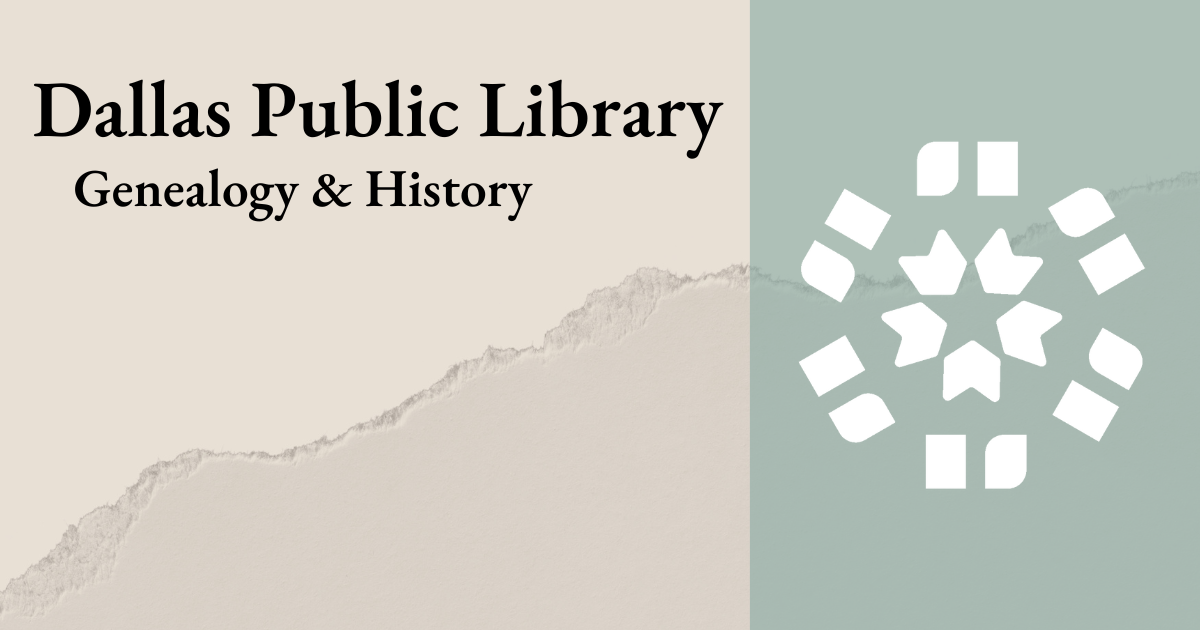Two new references will be of interest to Jewish genealogists

“Family Tree” Weekly Newspaper Columns from The Dallas Morning News – 1991-1996, by Lloyd D. Bockstruck, page 17, 14 Sep 1991
During last month’s Federation of Genealogical Societies conference in Fort Wayne, Indiana, [this article is a reprint in 2023 from a 1991 article] Rabbi Malcolm Stern, the foremost authority on Jewish genealogy in America, lectured on new sources in Jewish genealogy. Of course, he announced that a new edition of his book, First American Jewish Families, 600 Genealogies 1654-1977, was forthcoming. But he also mentioned two useful new reference books.
Where Once We Walked: A Guide to the Jewish Communities Destroyed in the Holocaust, by Gary Mokotoff and Sallyann A. Sack, documents more than 21,000 towns in Central and Eastern Europe. It provides the longitude and latitude for each, as well as the distance and direction from the nearest major city. Variant spellings and synonyms of towns are given. Gentiles seeking the locations of ancestral villages in an area of the world where changing boundaries have been the rule will also benefit by using this gazetteer.
With each new regime, a new language may have dramatically altered the spelling of the town name. Amdur, for example, might have been in the Hungarian portion of the Austro-Hungarian Empire before World War I, in Czechoslovakia between the world wars and in the Ukraine today. It would appear in Yiddish as Amdur as well as Indura.
Even more frustrating are the many places with the same name. Calinesti, for example, is the name of a town in Transylvania as well as one in Bukovina. Spelling can also be a matter of concealing a town. Czestochowa has been spelled more than 100 ways by Holocaust survivors. One of the pitfalls for any genealogist is the temptation for ancestors to give the name of their hometown as the nearest recognizable community – just as, for example, someone from Richardson, Texas, might give Dallas as his hometown. Jewish immigrants frequently gave as their home “Guberniya” or the town of “Grodnoguberniya”. The former is the Russian word for province, so a person from the latter place actually came from the vicinity of the Byelorussian city of Grodno. One would have to continue the search for the name of the village.
As any seasoned genealogist soon learns, spelling is not particularly important for the names of peoples or places. One of the most valuable sections of this book is the phonetic indexing system used in locating the correct spelling, even when an immigration official, oral tradition, the speaker’s accent, or ignorance has affected that spelling. New Englanders, for example, drop the letter “r” from a word when it follows the letter “a”. They say, “Pahk the cah”. Someone seeking the town of Kahlovka, by recalling this American speech pattern and by inserting an “r” so the spelling becomes Karlovka, will find the ancestral home.
The second new book touted by Rabbi Stern is The Encyclopedia of Jewish Genealogy, by Arthur Kurzweil and Miriam Weiner. The first volume of a projected three-volume set contains chapters on immigration and naturalization and institutional resources arranged by city for each of the 50 states, the District of Columbia, and the Canadian provinces. There is no mention of the Dallas Public Library under Dallas, Texas, although the Houston Public Library is listed. Typical entries give the names of organizations with addresses and telephone numbers in each city for vital statistics offices, county clerks, historical societies, funeral homes, synagogues, Jewish cemeteries, and local Jewish newspapers.
Note: The Central Dallas Public Library has the original and revised editions of Where Once We Walked: A Guide to the Jewish Communities Destroyed in the Holocaust, The Encyclopedia of Jewish Genealogy -Vol. 1, and the first and third editions of First American Jewish Families, 600 Genealogies 1654-1977.You can find copies of all three books in the 8th-floor Genealogy section.
